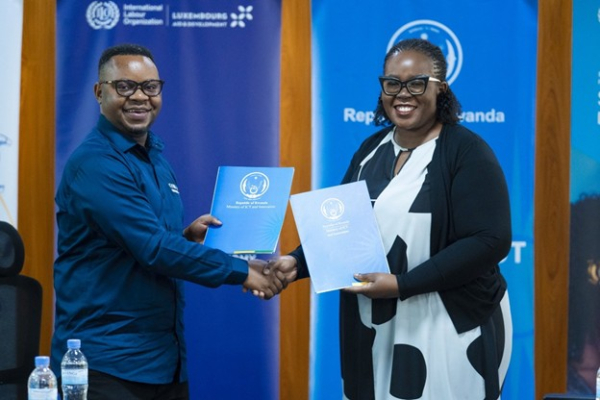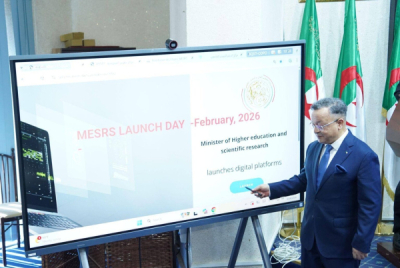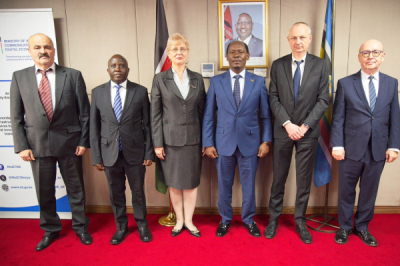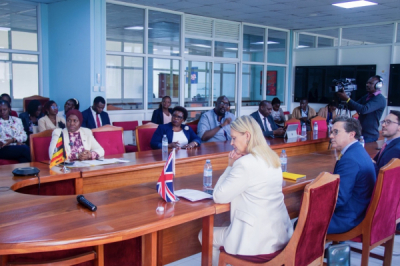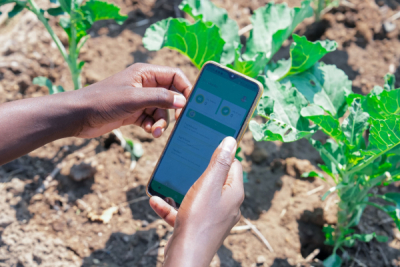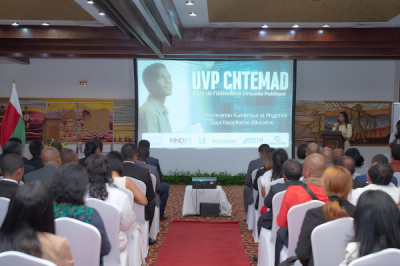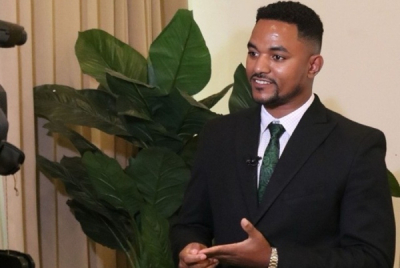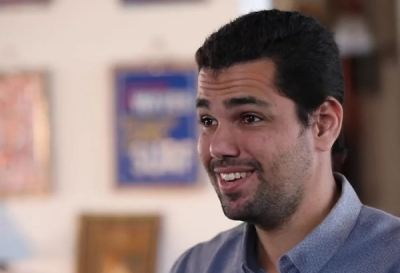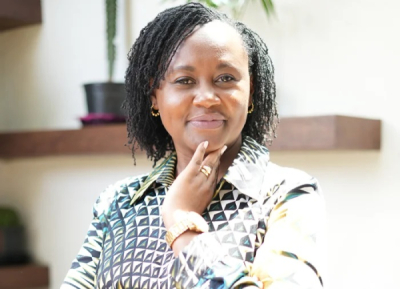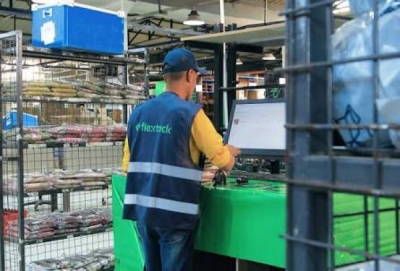Partnering with the ILO brings international expertise and credibility to Rwanda’s digital skills drive. It ensures that Rwanda’s training aligns with global labor standards while opening doors to wider support and partnerships.
On August 19, the Ministry of ICT and Innovation (MINICT) signed a Memorandum of Understanding (MoU) with the International Labour Organization (ILO) to strengthen collaboration on digital skilling and SME digitization through the One Million Rwandan Coders (1MRC) initiative.
“At the heart of this partnership is a shared goal: empowering more women and girls to take up space in Rwanda’s growing ICT sector,” the ministry said, reaffirming MINICT’s mission to leverage ICT for inclusive social development, accessible education, and accelerated job creation.
The agreement, signed by Permanent Secretary Yves Iradukunda and ILO representatives, aims to expand opportunities in Rwanda’s rapidly growing ICT sector. At the core of the partnership is a commitment to equip more Rwandans—especially young women and individuals with disabilities—with the digital skills necessary to thrive in today’s economy, while supporting small and medium-sized enterprises in adopting technology.
Launched as part of Rwanda’s broader digital transformation agenda, the 1MRC programme aims to equip Rwandans with digital skills, create jobs, and build a strong pipeline of local digital talent to drive the country’s knowledge-based economy. By integrating ILO’s expertise, the initiative will further enhance training quality, with a focus on preparing women and girls to participate meaningfully in the digital economy.
Although Rwanda’s ICT sector is growing rapidly, its impact on employment is still limited. According to Rwanda’s ICT Skills Snapshot 2022, ICT workers accounted for only 0.2–0.5% of total employment between 2018 and 2022, underscoring the need for stronger investment in digital skills and workforce development. The partnership between Rwanda and the ILO through the 1 Million Rwandan Coders initiative is therefore crucial—not only to bridge the gender gap in technology but also to expand the sector’s contribution to jobs, inclusivity, and national growth.
This latest MoU builds on an ongoing collaboration between Rwanda and the ILO focused on youth employment and digital skills development. In April 2024, the ILO launched the Boosting Decent Jobs and Enhancing Skills for Youth in Rwanda’s Digital Economy project, backed by the Government of Luxembourg, with a €4 million budget running through 2028. The initiative targets youth across Kigali and secondary cities, emphasizing digital skills, entrepreneurship, and pathways to decent work within the digital economy
The initiative builds on Rwanda’s digital transformation agenda, which seeks to position the country as a regional technology hub while ensuring no one is left behind in the digital economy.
Hikmatu Bilali


